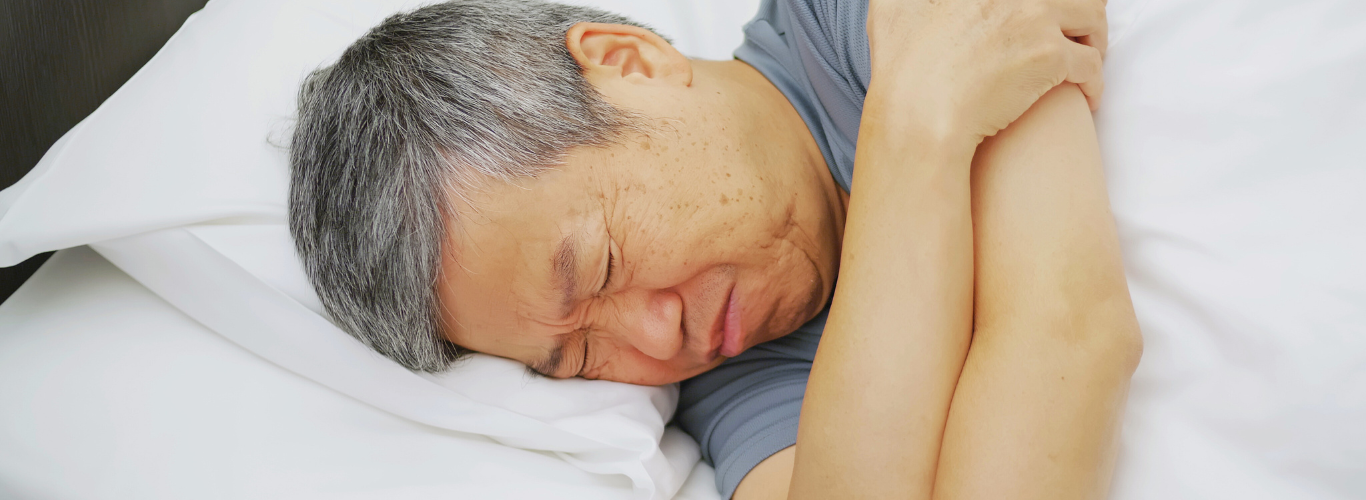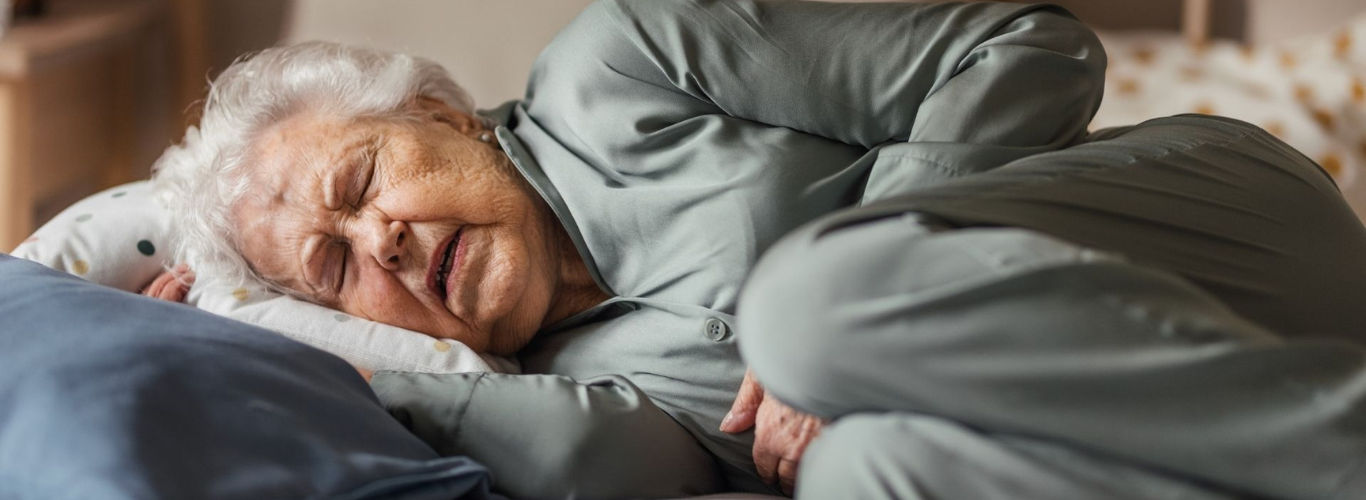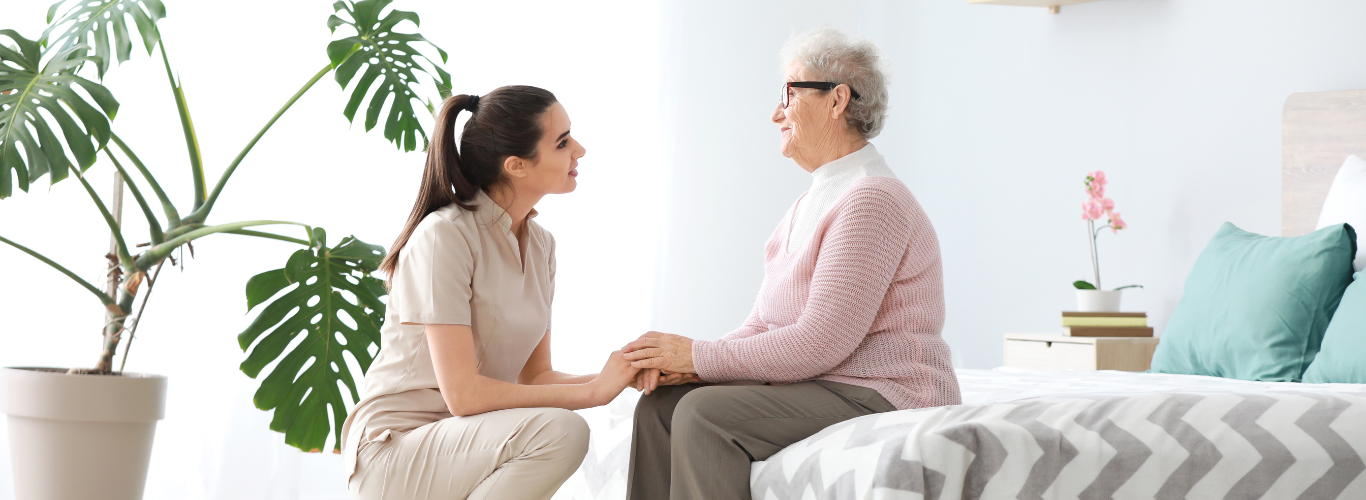Types of Nursing Home Abuse
Protect Your Loved Ones From Physical Abuse in Nursing Homes
Our elderly loved ones deserve safety, dignity, and the highest level of care, especially when they become vulnerable. Sadly, the reality is that physical abuse in nursing homes is an insidious problem. A Cornell study found that nearly 20% of nursing home residents reported experiencing some form of physical abuse. It’s a shocking statistic and a heartbreaking betrayal of trust.
We understand that this is a sensitive and upsetting topic. Any type of physical abuse is unacceptable, and the fact that it targets our most vulnerable citizens is particularly heinous.
Our nursing home physical abuse law firm aims to shed light on the issue and, more importantly, empower you to protect those you love through proactive prevention. We’ll discuss the signs of physical abuse in nursing homes, how to choose a safe facility, and what to do if you suspect your loved one is being harmed.

Types of Nursing Home Abuse
Physical Abuse in Nursing Homes
Understanding what constitutes physical abuse is the first step in prevention. Unfortunately, it goes beyond the obvious acts of violence. Physical abuse in nursing homes encompasses any deliberate act that causes bodily harm, pain, or unwarranted discomfort to a resident.
Examples of Physical Abuse
- Overt Violence: Hitting, kicking, slapping, shoving, pinching, or hair-pulling.
- Inappropriate Restraint: The use of physical restraints without medical necessity, excessively tight restraints, or using restraints as a punishment.
- Medication Misuse: Over-medicating to subdue residents, under-medicating to withhold pain relief, or intentionally administering the wrong medications.
- Neglect as Abuse: Deliberately denying food, water, hygiene care, or necessary medical attention. This can include forcing residents to remain in soiled clothing or bedding.
Important Note: Even actions intended as “care” can become abusive if done without a resident’s consent or against their best interests.
Physical Abuse in Nursing Homes
Physical abuse doesn’t always leave obvious marks. Abusers may be skilled at hiding visible evidence, and elderly victims may be afraid or unable to speak up. It’s crucial to pay close attention to subtle changes in your loved one’s physical condition and overall well-being.

Look for These Tell-Tale Signs
Sudden Behavioral Shifts: Withdrawal, fearfulness, increased anxiety, agitation, or uncharacteristic aggression. A previously social resident becoming isolated is a significant red flag.
Fear of Specific Caregivers: Does your loved one become tense, upset, or try to avoid a particular staff member?
Unexplained Pain: Residents may express pain indirectly through agitation, flinching, or refusing to be touched. Watch for nonverbal cues.
Crucial Note: Changes in demeanor and personality are often the most telling signs of underlying problems. Don’t dismiss these shifts as simply “getting old.”
Why Physical Abuse Happens in Nursing Homes
It’s important to state upfront: there is never an excuse for physical abuse. However, understanding the factors contributing to this issue helps us identify at-risk facilities and advocate for changes that protect our loved ones.

Systemic Factors
While individual abusers are ultimately responsible for their actions, it’s crucial to recognize the systemic flaws within the nursing home industry that often create the conditions where abuse becomes more likely.
These issues often stem from a lack of resources, poor management practices, and a devaluation of quality care. By understanding these factors, we can advocate for systemic change to prevent abuse at the root level.
Understaffing and Overwork
Inadequate Training
Many caregivers lack proper training in handling challenging behaviors associated with dementia, mental illness, or complex medical conditions. This can lead to them using improper restraints or resorting to physical force out of desperation.
Poor Management and Oversight
Lax supervision, weak accountability, and a culture that prioritizes profits over resident well-being create an environment where abuse can thrive.

Individual Factors
It’s uncomfortable to acknowledge, but not every individual is suited for providing compassionate care to the elderly. Some caregivers struggle with their own emotional burdens, biases, or even, in the most extreme cases, sadistic tendencies.
Understanding these potential vulnerabilities is essential for implementing safeguards and preventing these individuals from gaining access to vulnerable residents.
Caregiver Burnout
The physical and emotional demands of caregiving can lead to extreme burnout and compassion fatigue. This may result in abusive behaviors as a warped form of coping.
Prejudices and Biases
Unfortunately, some individuals hold deeply ingrained prejudices against the elderly or view them as less deserving of dignity. This can lead to dehumanizing treatment and abuse.
Sadistic Tendencies
In rare but horrifying cases, abusers may be individuals who derive pleasure from inflicting pain. These individuals are drawn to positions where they have power over vulnerable people.

Protect Your Loved Ones and Fight for Change
Discovering that a loved one is being abused in a nursing home is a devastating experience. You may feel overwhelmed, angry, and unsure of what to do next. Know this: you are not alone, and there are steps you can take to both protect your loved one and advocate for broader change.
Immediate Response
Document Everything: If you suspect physical abuse, start documenting everything. Take photos of injuries, note dates and times of incidents, and write down any concerning statements your loved one or staff members make.
Report the Abuse: Don’t hesitate to report your concerns. Contact nursing home management, your local long-term care ombudsman, Adult Protective Services, or in cases of severe harm, the police.
Protect Your Loved One: If you believe your loved one is in immediate danger, don’t wait. Remove them from the situation and consider seeking legal counsel to ensure they are safe and their rights are protected.
Proactive Prevention
- Choose Carefully: Thoroughly research nursing homes before selecting one. Visit in person, ask detailed questions about staffing ratios, policies, and abuse prevention measures. Check online reviews and government inspection reports.
- Stay Engaged: Visit your loved one frequently and at different times of the day. Build a rapport with the staff, and let them know you are an involved presence. This makes it harder to hide mistreatment.
- Cultivate Openness: Maintain an open, trusting relationship with your loved one. Encourage them to talk about their experiences and take their concerns seriously.
Navigating the complexities of nursing home abuse cases can be incredibly difficult. If you suspect your loved one has been severely harmed, seeking legal representation is crucial.
Experienced elder abuse attorney at the Nursing Home Abuse Network understands the laws and regulations surrounding nursing home care. We can and we will help you hold the facility accountable, secure compensation, and ensure your loved one receives the protection they deserve.
You have the Power to Make a Difference
Physical abuse in nursing homes is a betrayal of the trust we place in these institutions. It’s a heartbreaking reality, but knowledge is power. By understanding the signs of abuse, taking proactive steps, and knowing where to turn for help, you can protect your loved ones and advocate for a future where all seniors receive the safe, dignified care they deserve.
Remember, you are not alone. If you suspect abuse, don’t hesitate to speak up. And if you need legal support to ensure justice is served, the team at Nursing Home Abuse Network is ready to stand with you.
Get Your Free Case Evaluation
You don't have to fight this alone. We'll stand by your side every step of the way, providing both legal strength and compassionate support.
We'll call or email you back as soon as we get your response.